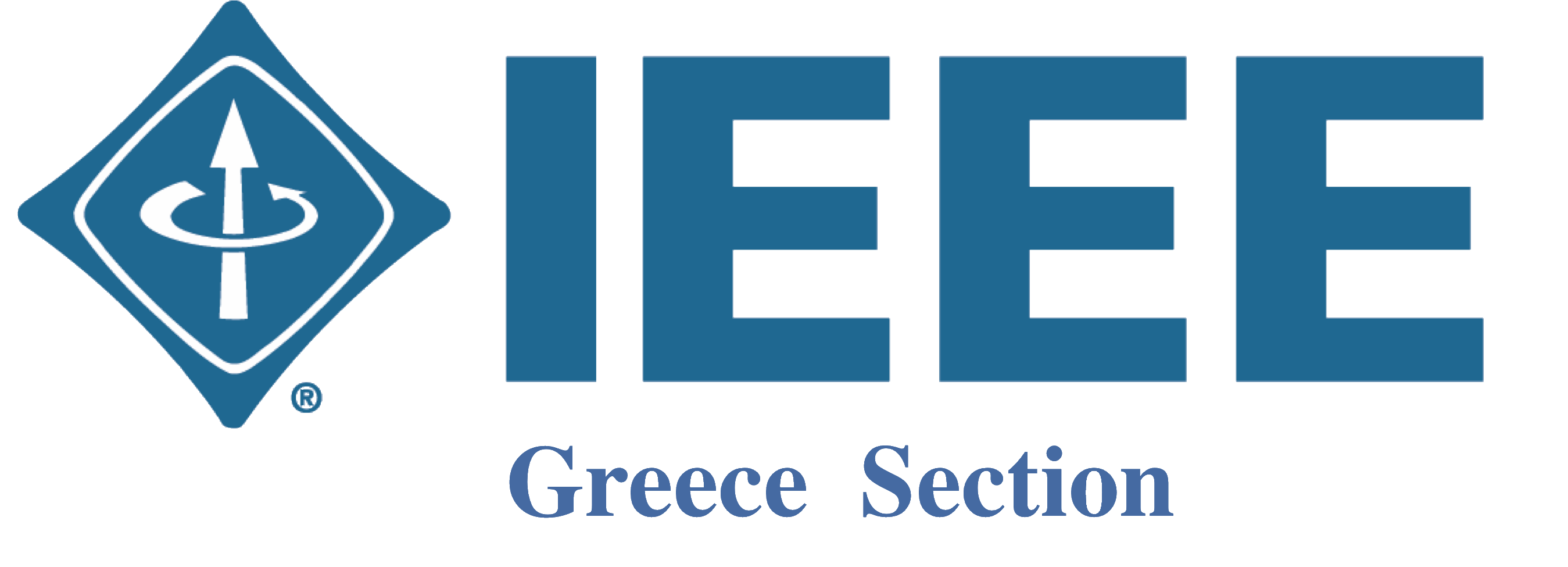Program overview:
The program of MOCAST 2020 contains three keynotes, oral presentations and poster presentations. The conference will take place using ZOOM as conference platform. During the sessions, the pre-recorded talks will be presented and a live discussion will take place. For convenience, all of the talks are already available MOCAST 2020 Presentations.
The virtual conference can be accessed either with the following links, or with the provided Meeting ID and Passcode.
MOCAST 2020: First Day (7th September, 2020)
Time: Sep 7, 2020 08:30 AM Amsterdam, Berlin, Rome, Stockholm, Vienna Zoom linkMeeting ID: 978 4058 9648
Passcode: MOCAST2020
MOCAST 2020: Second Day (8th Semptember, 2020)
Time: Sep 8, 2020 08:50 AM Amsterdam, Berlin, Rome, Stockholm, Vienna Zoom linkMeeting ID: 994 1558 9751
Passcode: MOCAST2020
MOCAST 2020: Third Day (9th September, 2020)
Time: Sep 9, 2020 08:50 AM Amsterdam, Berlin, Rome, Stockholm, Vienna Zoom linkMeeting ID: 923 5799 7715
Passcode: MOCAST2020
Keynote Speeches:
Neuronflow: a Neuromorphic Data Flow Architecture for Live AI at the Edge
By Dr. Orlando Moreira
Chief Architect GrAI Matter Labs,
Abstract
In this talk we will give an overview of GrAI Matter Labs’ Neuronflow many-core architecture, as implemented in GrAI One, our first chip. It is a neuromorphic data flow architecture that exploits brain-inspired concepts to deliver a scalable event-based processing engine for neuron networks in real-time applications at the edge. Its design is inspired by brain biology, but not necessarily biologically plausible. Neuronflow is designed to exploit temporal sparsity to dramatically reduce latency and power consumption requirements, by applying data-flow model for transport and synchronization of computations, and threshold-based output activation to allow for partial input data processing. We will highlight some of the use cases running on GrAI One, and discuss the future of neuromorphic processors.
The Optical Wireless Paradigm in Biomedical Engineering
By Prof. George K. Karagiannidis, ΙΕΕΕ Fellow,
Director of Telec. Systems & Networks Lab., Aristotle University of Thessaloniki, Greece
Abstract
Lightwave technology creates many new challenges in biomedical applications. This talk will focus on these challenges and opportunities as well as on misconceptions about the use of lightwave technology in biomedical engineering. To this end, two applications will be presented: 1. All optical cochlear implants and, 2. Low complexity lightwave devices for detection of vessels’ abnormalities.
The challenges and optimization strategies for IoT
By Prof. Dr.-Ing Yanqiu Huang
Pervasive Systems, EEMCS, University of Twente.
Abstract
Employing the conceptual framework of IoT to connect the physical objects into network for data collection and analysis is emerging as the megatrend in a variety of applications. However, the expected trillions of connected IoT devices will pose unprecedented challenges in terms of resources, big data, network latency and security issues. This talk will introduce our proposed methods for addressing these problems including the intelligent transmission control and task allocation schemes. These methods allow the devices to understand data and share tasks considering the benefits of the network.
Program First day, 7th September, 2020
Time: Sep 7, 2020 08:30 AM Amsterdam, Berlin, Rome, Stockholm, Vienna Zoom linkMeeting ID: 978 4058 9648
Passcode: MOCAST2020
Program second day, 8th September, 2020
Time: Sep 8, 2020 08:50 AM Amsterdam, Berlin, Rome, Stockholm, Vienna Zoom linkMeeting ID: 994 1558 9751
Passcode: MOCAST2020
Program third day, 9th September, 2020
Time: Sep 9, 2020 08:50 AM Amsterdam, Berlin, Rome, Stockholm, Vienna Zoom linkMeeting ID: 923 5799 7715
Passcode: MOCAST2020






